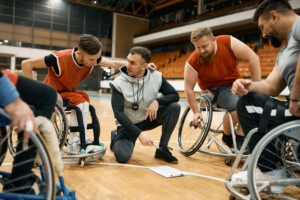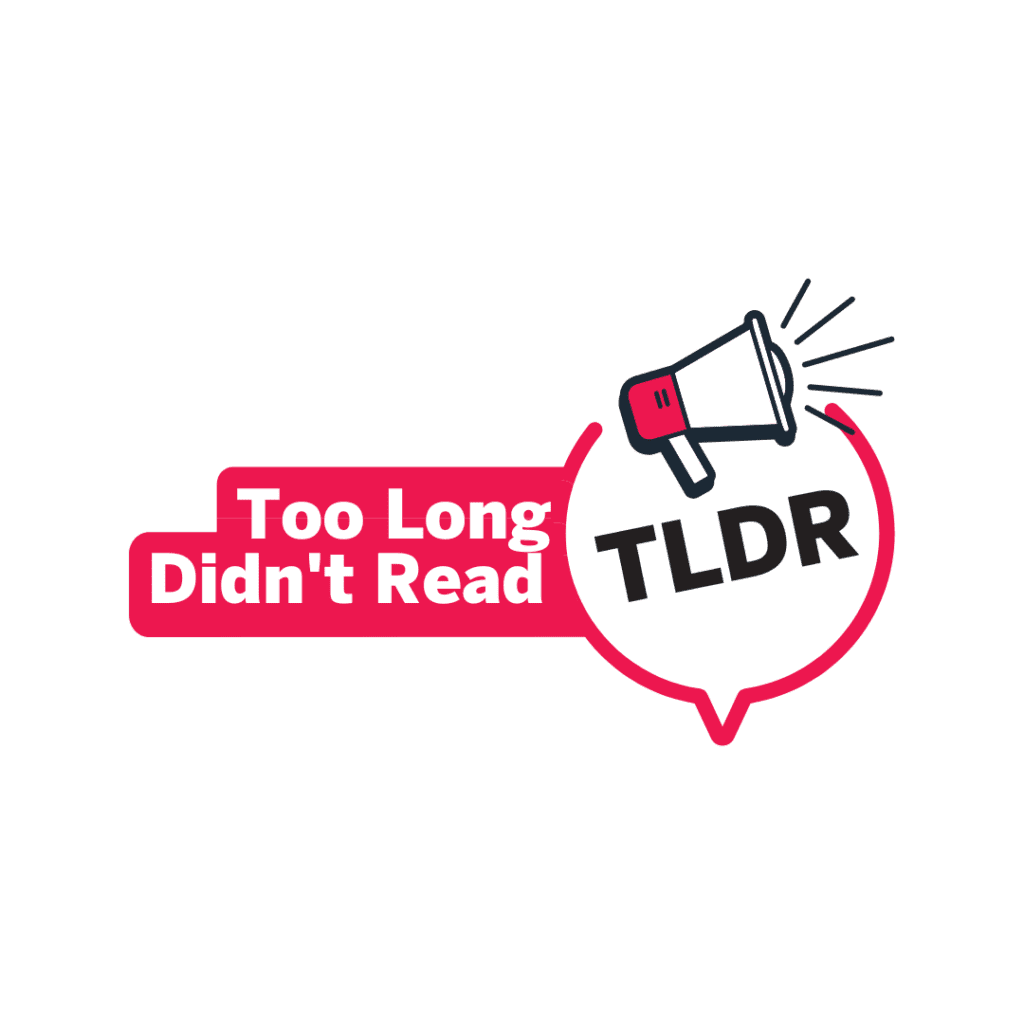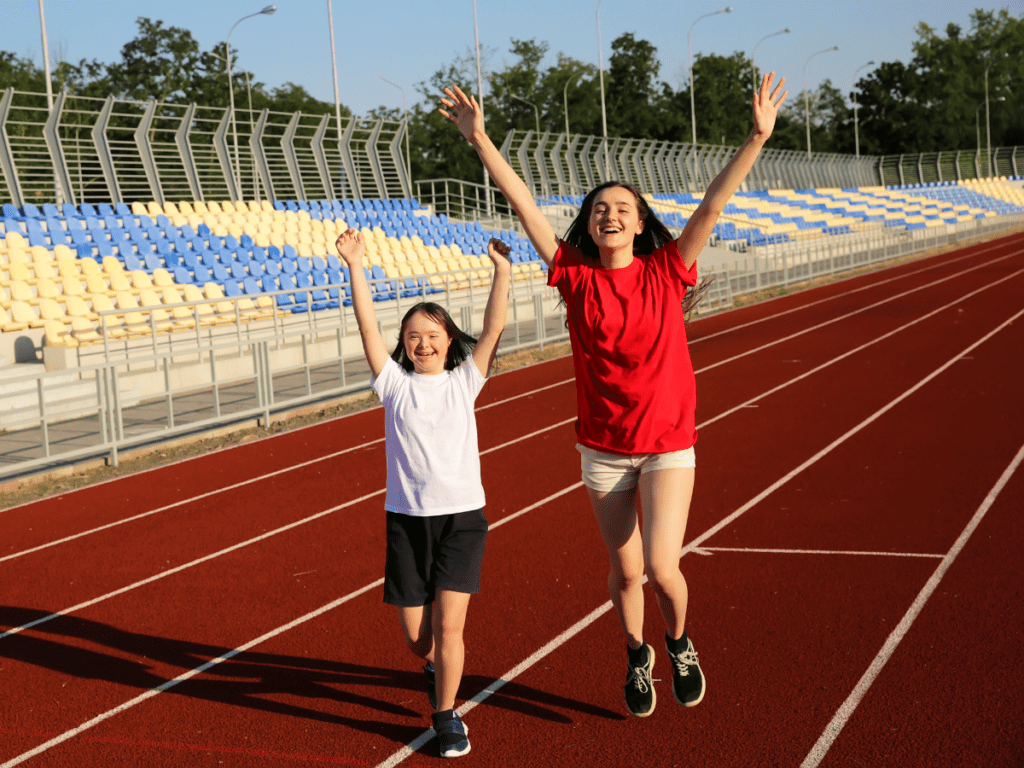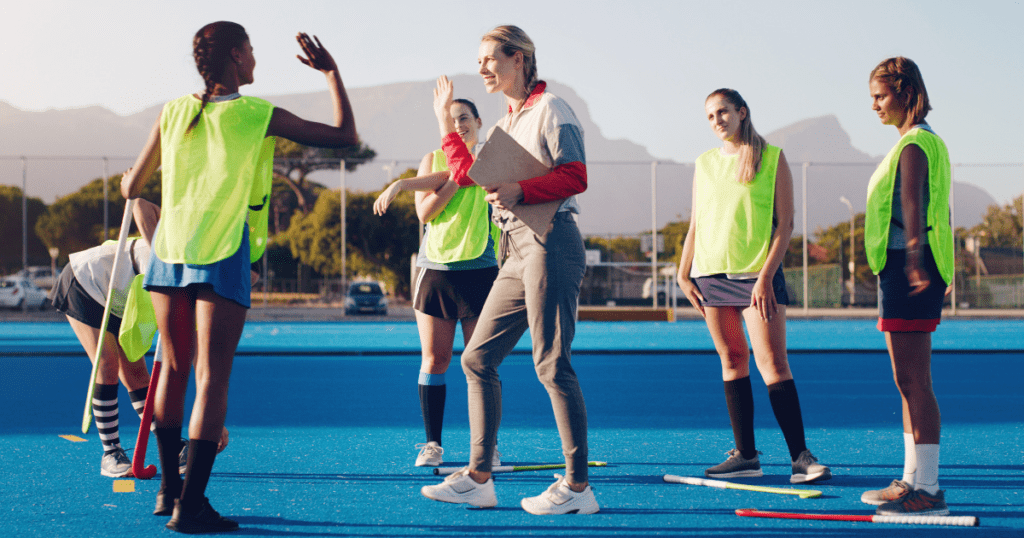

Coach mentoring in Para sport
In many ways, coaching athletes with and without disabilities is comparable as their training, dedication, and motivation to succeed are the same. However, there are contextual differences that make coaching in the Para sport setting unique. For example, it is important for coaches to have a strong understanding of specialized equipment, medication, travel considerations, and accessibility constraints to coach effectively (Alexander & Bloom, 2020).
Often, Para sport coaches must be creative in getting this unique contextual information. Sometimes it is through structured learning opportunities like sport-specific coaching courses or webinars, self-directed learning such as reading books, watching YouTube videos or talking to athletes, or learning from their peers through communities of practice or mentorship (Culver et al., 2020; Duarte et al., 2021).
Sports coach mentorship has received increasing attention over the last 25 years in pursuit of enhancing coach development (Lefebvre et al., 2020). One of the first studies on coach mentorship in Para sport was by Fairhurst et al. (2017) who interviewed 6 Canadian Paralympic coaches on their mentoring experiences. All coaches reported how mentoring helped them learn Para sport-specific coaching information, and perhaps most importantly, that structured mentorship would benefit coaches who often had a smaller network to connect with and learn from.
The mentorship program

In 2020, the Coaches Association of Ontario developed a year-long Para sport coach mentorship program designed to provide mentee coaches with a structured network to enhance their coaching practices. As Para sport coaching researchers, we were interested in understanding mentee experiences in the program, including what they gained from it and how to make it better in the future.
Our coaches
We had 29 mentee and 15 mentor coaches participate in this program. Mentor coaches were experienced leaders in their respective Para sports, while mentee coaches had less than 5 years of experience coaching in the Para sport context.
For example, some mentees had never coached in Para sport but were interested in learning in a proactive manner, some were coaching 1 or 2 athletes with disabilities in their programs, some had wanted to start their own Para sport programs, and some were coaching established Para sport teams. Mentor and mentees met for a minimum of 30 minutes per month and collectively completed 3 assignments, 3 webinars, and 3 workshops over the year.
How we collected and analyzed the data
We conducted focus groups (Krueger, 2014) at the half-way point of the program and individual interviews (Smith & Sparkes, 2016) at the end to understand the strengths of the program, preferences regarding coach learning, and recommendations for improvement.
We talked to the mentee coaches in groups halfway through the program and interviewed them individually at the end. This helped us find out what was good about the program, what kind of learning coaches prefer, and how we can make it better.
We used a method called reflexive thematic analysis to understand more about how mentee coaches learn from their mentors and how it makes them feel more confident in coaching Para sports. Reflexive thematic analysis is a way of studying people’s experiences, views, and perceptions in detail.
Our results: Experiences of coach mentorship
All coaches were grateful for the opportunity to take part in the mentorship program. Mentee coaches appreciated having a supportive, knowledgeable, and genuine mentor to guide them in a context where they had little to no experience.
Mentorship provided the mentee coaches an opportunity to get tailored coach development specific to their needs, goals, and coaching situations:
“I think I would have had a lot of problems if I wanted to start [a Para sport program prior to mentorship]. I wouldn’t have known where to start. But going through this whole program, it’s really helped me to understand ‘this is what I need to do’ and get the resources needed. I’ve learned a lot, it’s been so good!” (Janet, Interview).
One of the main reasons for joining a Para sport-specific coach mentorship program was to learn about disability-specific information from a more experienced Para sport coach. Coaches valued learning about classification and appropriate terminology:
“I learned more about classification. I figured if you broke your neck at the shoulder blades, from their downward you will be paralyzed but that’s not [necessarily] true. You could be paralyzed but still have function down your arms so it was a learning curve for me because [my mentor] jumps up and down on his chair like there’s no problem.” (Mackenzie, Interview)
“I always thought that it’s so important for everyone to be treated equal, no matter if they have a disability or not. Now my word is ‘inclusive’… He also advised me [of] certain terms we should not be using, so we have to be more careful in the choice of word.” (Erin, Interview)
Along with the learning opportunities offered through the program, like disability-specific webinars, mentee coaches felt their Para sport-specific coaching ability and confidence improved based on their mentoring experiences.
At the end of the program, we asked our mentees to provide advice for incoming mentee coaches based on their experiences. Mentees suggested that coaches ask questions, be adaptable, and trust their mentors:
“Don’t be afraid to ask questions. You’re there to learn as a coach, to improve your coaching, to educate yourself. Mentors are there to help you, to assist you, so you can further your coaching.” (Erin, Interview)
“I think just be open minded with everything and feel the excitement and passion that your mentor has.” (Yvonne, Interview)
Conclusion

Our study was the first that we know of to explore mentee coaches’ experiences in a one-year structured Para sport coach mentorship program. We saw that coaches valued the opportunity to learn from someone more experienced and knowledgeable who could guide them along their coaching journey.
In a setting characterized by a small community of coaches and limited opportunities for connection, it is essential to continue providing opportunities for Para sport coaches to network in pursuit of high-quality coach learning for all.
To access the full published academic paper, click here.